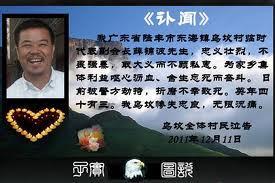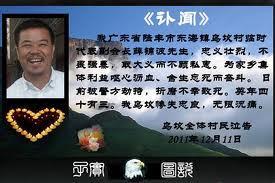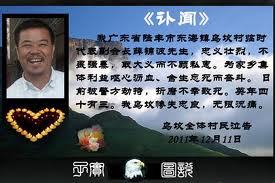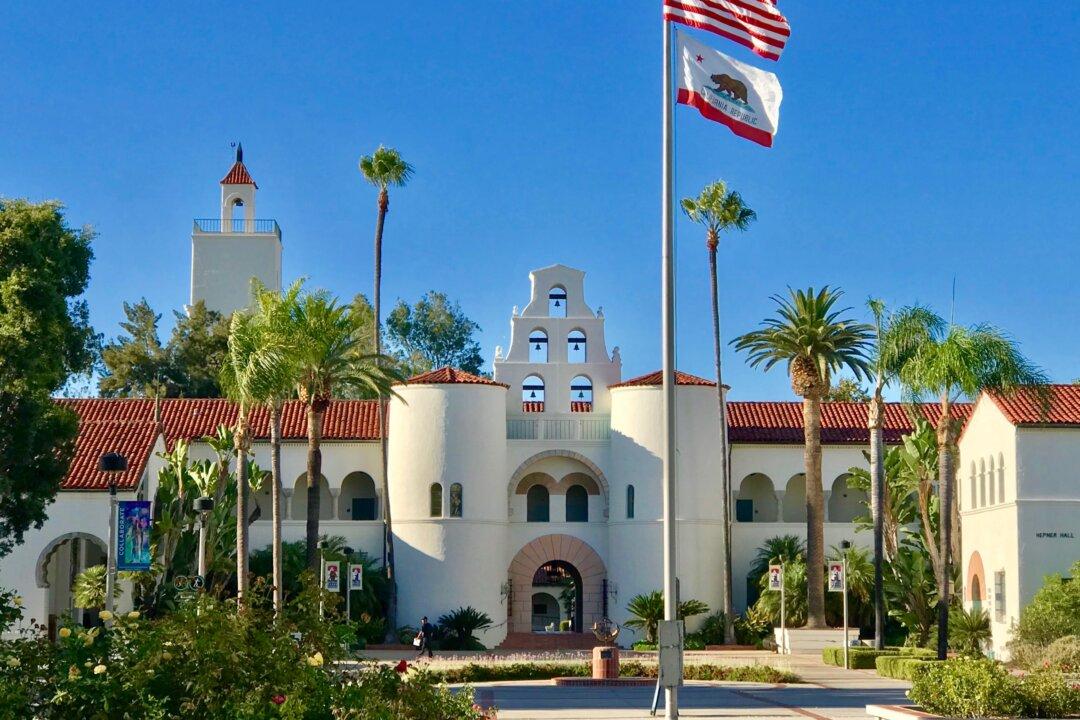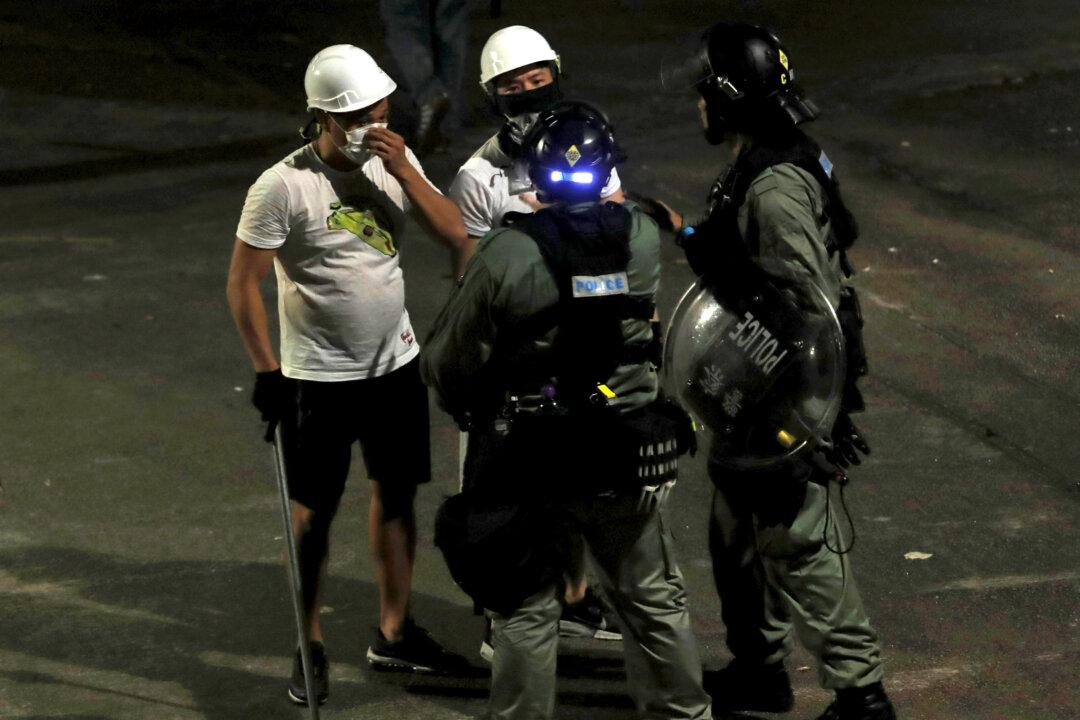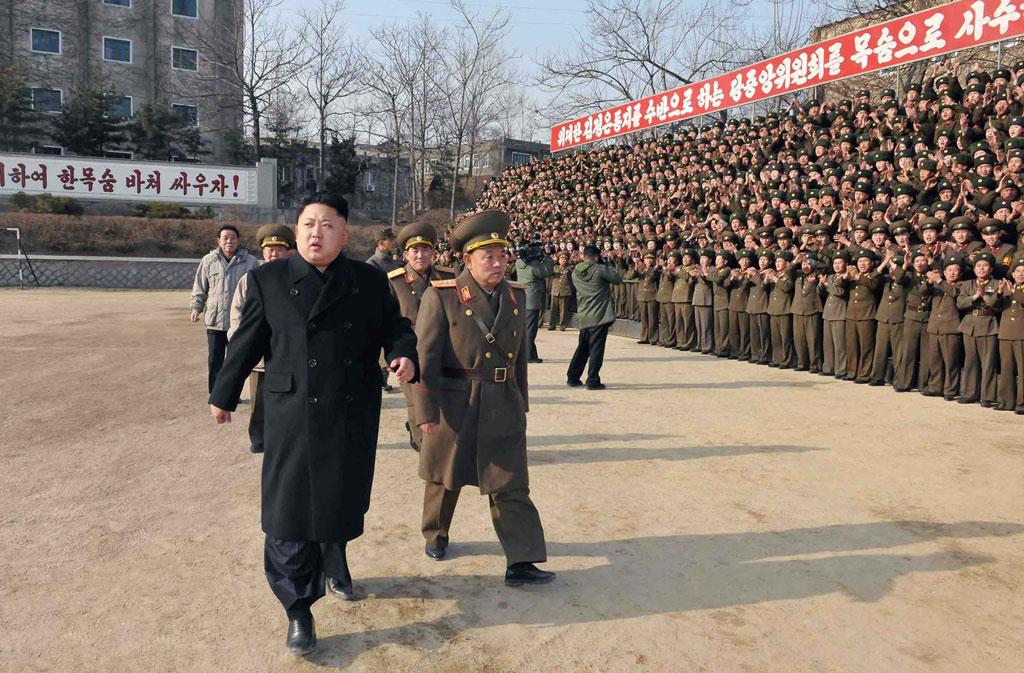The showdown between villagers and local officials in the locked-down village of Wukan, Lufeng City, in China’s southeastern Guangdong Province, inspired a neighboring village to also protest.
Over a thousand residents in nearby Longtou Village took to the streets on Dec. 13 to protest what they regard as illegal government land sales, according to Chinese reports.
According to NTD, a New York-based Chinese broadcaster, residents of Longtou tore down fences surrounding farmland illegally occupied by land developers, and brought placards protest corrupt officials.
Wukan villagers have also continued their own protests. On Dec. 16, defiant villagers held a symbolic funeral with an empty coffin for their village representative who died in police custody.
For the last three months, Wukan villagers have been holding repeated large-scale protests against corruption and land grabs, and are now in a standoff with authorities. Since Dec. 14, the village has been under a police blockade.
Tensions escalated after Xue Jinbo, a village representative, died in police custody on Dec. 11, and authorities refused to release the body to his family.
